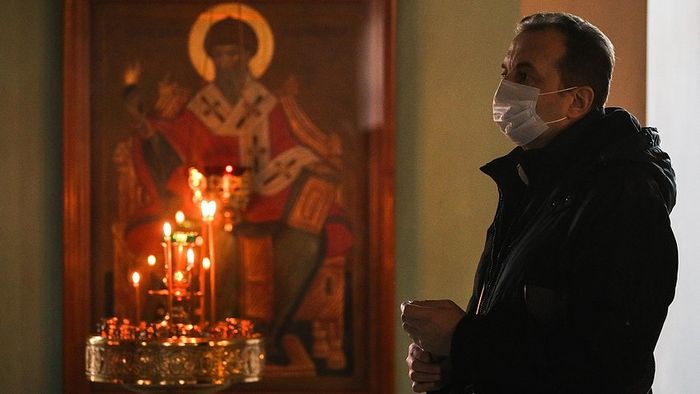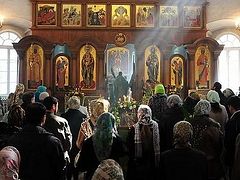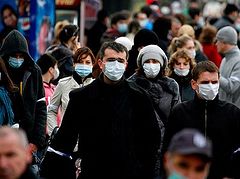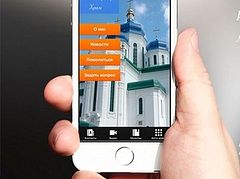Coronavirus has been a “horrible blessing” for my congregation, and perhaps yours also. Amid the traumatic disruptions to communal and sacramental life have come some unexpected joys. Yet, I pray God will swiftly bring this plague to an end.
Death and bereavement have been the greatest trials, of course. And no personal inconvenience can compete with such pain. None of my parishioners has died. Neither (so far) has any lost their job, which is the next level of suffering.
But short of either tragedy, we’ve all experienced the loss of physical, in-person gatherings. Among these (and critical to people of faith) is the cessation of corporate worship in holy places.
A transition to “on-line worship” has come easier for some than others. I read one pastor’s statement that since early Christians basically met to share reflections about Jesus, doing so online is a logical progression.
That’s anachronistic. Early Christians may have shared reflections about Jesus, but they did so within the context of offering bread and wine to receive as His Body and Blood. And there’s no app for that.
For Orthodox and Roman Catholics, as well as others of a historic, liturgical character, worship is an incarnational experience. Nobody in my parish has received Communion since March 18, when our bishop directed his clergy for safety’s sake to consume the reserved Eucharist on the altar and close the churches.
To those on the outside, this may seem irrelevant. But to those inside (who now are also outside), it’s big.
Even so, this time of “fasting from Communion” and our corporate life hasn’t been wasted. Some in my parish have said our time apart is actually bringing us closer together—because for one thing, we’ve had to become more intentional about reaching out since we can’t default to, “I’ll see you in church.”
Personally, I’m speaking (or texting) everyone in our parish directory much more regularly than I otherwise would. And no one’s complaining, since we now appreciate contact more.
Even the online thing is working well enough. Doing catechesis through Zoom has allowed more inquirers to partake than can otherwise come to church on a weeknight, especially families with children.
And if my planned schedule of Lenten services was ambitious, the fall back is even more so. Most of my parish is joining the “On-line Vespers” that I’ve served each night with my family from our home icon corner. This is the longest run of consecutive, daily services I’ve ever offered. Who’d have thought being exiled from church would lead to more services, rather than fewer?
In some ways, Lent has been the perfect time for such a trial. Simplicity, stability, deprivation and a deepened prayer life are all Lenten tools or values that have been strengthened by this experience.
Still, I can’t wait for it to be over. May God comfort the grieving, and strengthen all healers and those working faithfully to serve us.








